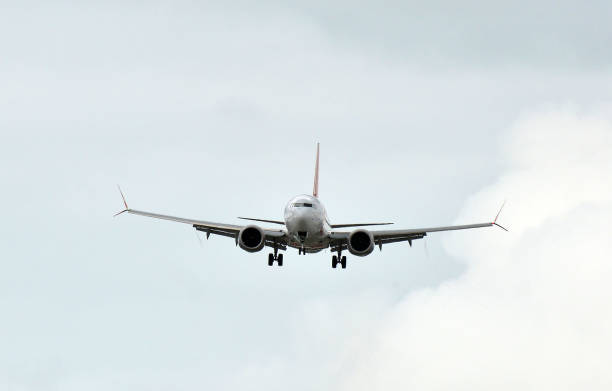Statistically speaking, airplanes are the safest mode of transportation available, but that does not mean it is entirely free from danger. When something goes amiss, it can easily result in a serious accident, causing potential injury or death. Here are five of the most common causes that result in aviation accidents:
- Inexperienced or untrained pilots
- Around half of all aviation accidents are the result of errors committed by pilots, and in many cases, those pilots are relatively new to their jobs. As a result, they lack the experience or training to adequately control the plane, and are more likely to make critical mistakes. Moreover, if something goes wrong, these inexperienced and untrained pilots will be less able to respond to the danger, increasing the risk of an accident.
- Exhaustion
- When pilots are not making errors due to inexperience or lack of training, they may be making mistakes due to lack of adequate rest. A shocking number of pilots go into the air while sleep deprived or otherwise exhausted, hindering their reaction times and making it more likely they will make a critical mistake. Even worse, they may fall asleep at the controls, almost guaranteeing that an accident will occur.
- Air traffic control errors
- When aviation accidents are not the result of a pilot’s mistakes, they are often instead the result of air traffic controllers. These people have a crucial job in ensuring that takeoffs and arrivals happen in an orderly fashion, but they are often overworked and understaffed. This means there is a constant possibility that an air traffic controller will make a mistake, leading to a potential accident.
- Mechanical problems
- Another potential cause of aviation accidents is the potential for problems with mechanical systems. Even the most basic airplanes are complex machines with many working parts, any of which could malfunction if they are not properly maintained. In addition, there is always the risk that a part in a plane could turn out to be defective even when the plane is kept well-maintained, which may result in an accident.
- Bad weather
- No one can control the weather, but every pilot is supposed to keep abreast of weather conditions to ensure they do not fly when the weather gets bad. Poor weather conditions can blow a plane off course, obscure visibility, or even cause direct damage to a plane. When pilots choose to fly during bad weather, or when they cannot avoid bad weather, it can easily lead to aviation accidents.
If you have been injured as a result of someone else’s negligence, you should contact the Tennessee personal injury lawyers at the Keith Williams Law Group. With convenient offices located in Nashville and Lebanon, our lawyers will work with you to create a litigation strategy that protects your legal rights and serves your personal needs. For more information or a free consultation, please contact us at 615-444-2900 or visit our contact page.


Leave A Comment